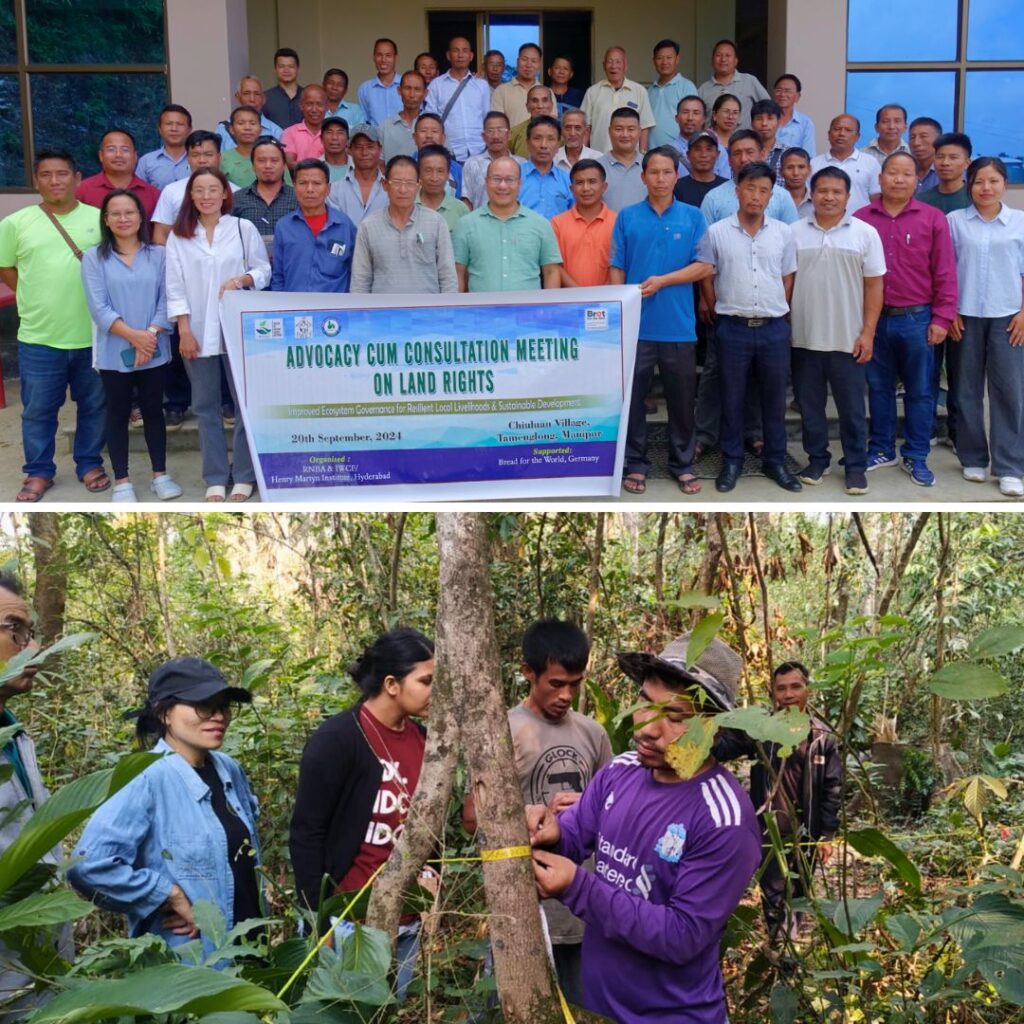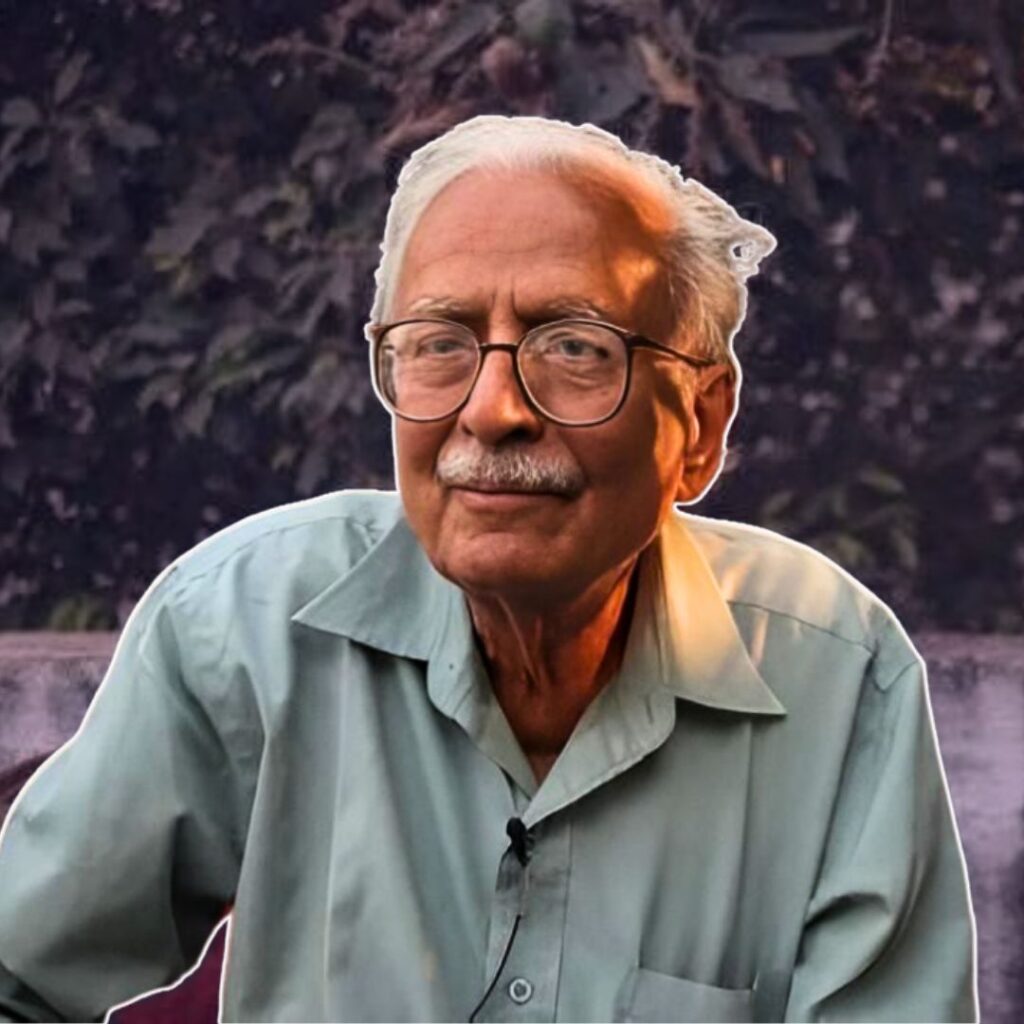In a bid to help essential workers who are risking their lives everyday in a battle against COVID-19, Canada is increasing their wages across the country.
‘If you are risking your health to keep this country moving and you’re making minimum wage, you deserve a raise,’ Canadian Prime Minister Justin Trudeau said, promising to increase the salaries.
The Canadian government formulated an agreement with provinces and territories to spend more than $3 billion and increase the wages for essential workers earning less than about $1,800 a month.
‘I think one of the things that we’re seeing through this pandemic is that there are people who are tremendously economically vulnerable, and vulnerable in other ways in our society, who are extremely important to the functioning of our society,’ PM Trudeau said.
This decision was welcomed by Services Employees International Union Healthcare, one of Canada’s largest health care unions, comprising of nearly 60,000 workers. The union however, alerted the health workers to ensure that there is no intervention of the government in the process.
‘Frontline essential workers now are exhausted, they’re terrified, they’ve got colleagues in every sector dying. It’s nice to hear but they are exhausted from that and they want to see those words turned into action now,’ Sharleen Stewart, president of SEIU Healthcare said.
She also claimed that inadequate personal protective equipment has been a problem along with any guarantee of earning a living wage.
‘The essential service workers that right now help save our lives and care for our loved ones are a lot of the minimum wage earners, the lowest paid in society. They have precarious work and our lives are depending on them right now,’ Stewart added.
Each jurisdiction will decide the eligibility for the raise of workers, but health care workers and some food industry employees will be given the most priority.
Stewart also said that while ‘it was gratifying to see marginalized essential workers get the pay and recognition they deserve, politicians like Trudeau need to guarantee that his isn’t just an emergency pay increase but a lasting, stable, living wage’.
‘This didn’t just happen nine weeks ago, these people have been underpaid . . . and the pandemic just shot a big spotlight on the problem,’ she added.
With this bold decision, Canada has set a precedent for other countries to follow.
India has witnessed a massive surge in coronavirus cases and the country’s health workers have emerged as the true warriors in the battle against the deadly pandemic.
However, health workers and medical professionals across the country have been complaining about a lack of Personal Protective Equipment (PPE) and poor working conditions while also facing discrimination and low wages.
Last week, the Indian armed forces carried out an elaborate thanksgiving event to appreciate the efforts of ‘corona warriors’. The Indian Air Force choppers showered flower petals on hospitals and medical professionals across the country. Navy ships were lit up with messages of gratitude.
While some appreciated this gesture calling it as an attempt to boost the morale of health workers, others called it a waste of resources which could have been utilised for providing PPE kits and protective gear for medical professionals.
Can the IAF planes airdrop testing kits & personal protective equipment across the country during the nationwide fly-past on Sunday? At least that’d justify this otherwise utterly pointless exercise.
— Saket Gokhale (@SaketGokhale) May 1, 2020
They excel in wasting money in charades and brazenly! All this while doctors are complaining of salary cuts, conveyance & lodging issues and more.
— Swati Singh (@Swati2610) May 1, 2020
What have we become? Where is our practical sensibilities?How much money will be wasted for this drama? Would it not be better if people in position of honour and dignity refrained from frivolous display of wastage & instead sponsored PPE and masks for the doctors. Jai Hind.
— Humanity Vigilante (@Rebecca71367554) May 2, 2020
Early this year in April, several private hospitals in Bengaluru and Kolkata, among other cities, brought in pay cuts for doctors, especially those not treating COVID-19.
Several healthcare workers complained of being at risk of contracting COVID-19 citing lack of infection control in hospitals. Many doctors also complained about poor quality of PPE and lack of essential gear like N 95 masks and sanitisers. While the pandemic engulfed the nation, India’s healthcare workers were compelled to use raincoats and garbage bags amid lack of essential gear.
Dr Srinivas Rajkumar, general secretary of the Resident Doctors’ Association at the All India Institute of Medical Sciences (AIIMS), Delhi, cited shortage of necessary gear and equipment at the hospital.
‘We have been protesting the non-availability of PPEs and masks at AIIMS ever since infected patients began coming in,’ he says. Dr Rajkumar explains the complexity of the…











